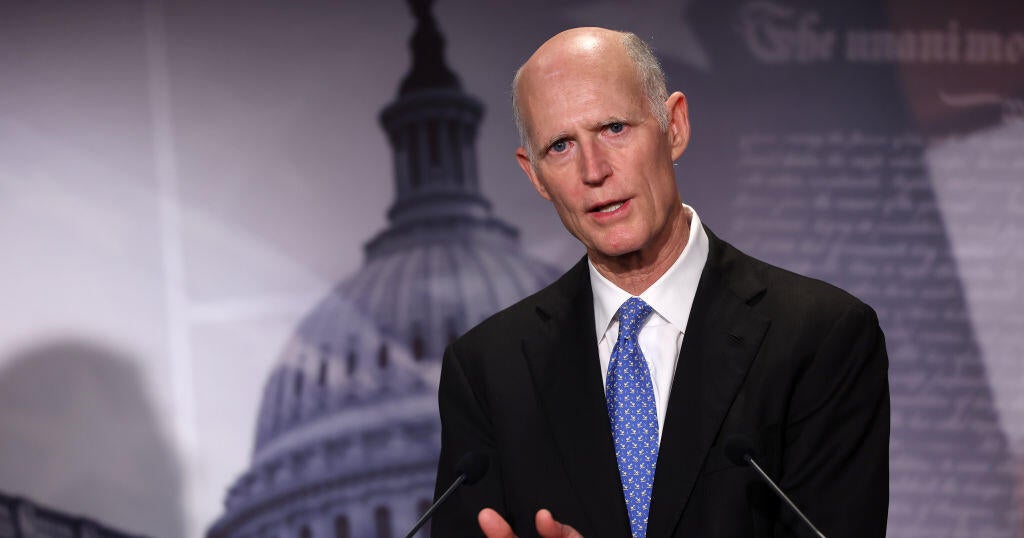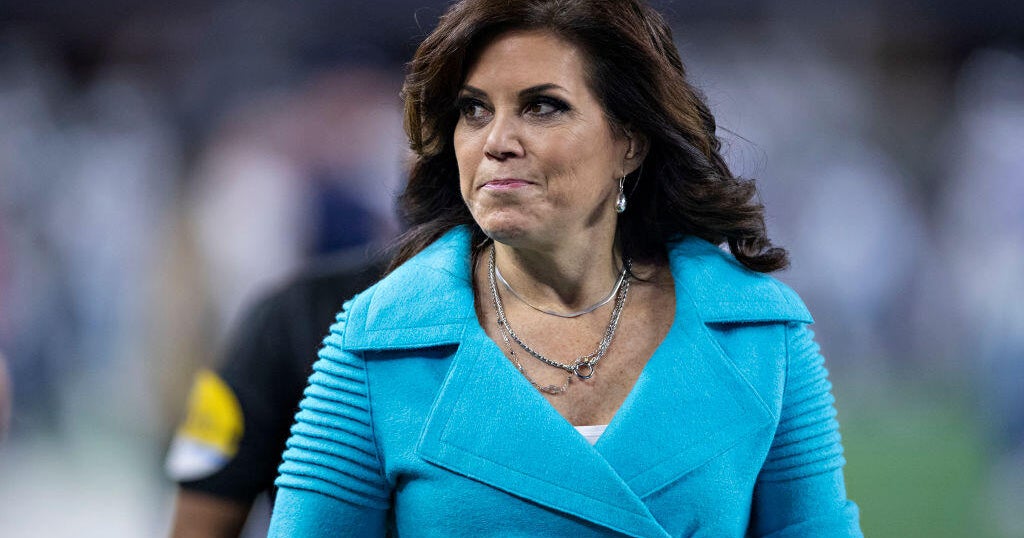Ahead of midterms GOP incumbents on defense over 2017 tax vote in high-tax states
Some of the strongest opposition within the Republican party last year in the debate over the 2017 tax cut legislation flared up from lawmakers worried about a lower cap on deductions for state and local taxes. Now Republicans in these high-tax states who voted for the tax cuts are being skewered by their Democratic challengers targeting them over their support for President Trump's tax cuts.
Republicans in New York, New Jersey and California faced a conundrum over the GOP tax cut with the $10,000 state and local tax (SALT) deduction cap. Voting for the legislation would result in higher taxes for many of their constituents, and voting against it would mean bucking the party.
With somber piano music in the background, Democratic House candidate Dana Balter, running in New York, claims in one of her two tax ads, "The new tax law is hurting people" and "most of us will pay higher taxes" as a result.
Balter is running against Rep. John Katko, R-New York, who supported the tax cuts. His campaign spokesman said in a statement to CBS News Balter was "spreading misinformation" about the tax bill. Katko is firing back with his own ads insisting Balter would be the one to raise taxes in order to pay for Medicare-for-All.
Last week Balter's tax message was amplified when the House Majority PAC, which supports Democratic candidates, announced a $1 million ad buy spotlighting the state and local tax deduction cap. "They depended on that deduction but Congressman Katko voted to take it away," the ad declares.
David Harris, an accounting professor at the Whitman School of Management at Syracuse University, told CBS News the SALT cap is a "perfect storm" issue for local politicians.
"It makes great political pressure...as it sounds like everybody is going to suffer," Harris said, though he noted that most New York residents won't in fact suffer, since most average New Yorkers use the standard tax deduction and therefore are unaffected by the SALT cap change.
CBS News currently rates this race and 13 others in California, New York and New Jersey as competitive.
Democrats across the country are also seizing on the issue. "You know you can't defend the actual record that you voted for in Congress because you know it's unpopular," Democratic House candidate Josh Harder said last month in a debate against Rep. Jeff Denham, R-California, "You call it a tax cut, it raised taxes in California."
Harder jabbed at Denham with the California Franchise Tax Board's finding that the 2017 tax plan could raise individual taxes on one million mostly-wealthy Californians next year by $12 billion dollars.
"I'm proud of the tax cuts, and we need to do more of it," Denham responded in the debate.
"Talk to people in our community that see in their paycheck, look at it every month on how your paycheck is changed," Denham shot back. "That's a big deal in our community."
The SALT cap was a "dirty compromise" last year for Republicans in an effort to diminish the deficit during their "once-in-a-generation opportunity for major tax reform," Graeme Boushey, associate professor of political science at University of California at Irvine, told CBS News.
Boushey said this was a "very hard vote" for congressional members in wealthy districts, like Rep. Mimi Walters, R-California, who felt pressure to support this GOP promise.
Democrat Katie Porter, who is challenging Walters to represent the wealthy suburban district, tries to squeeze the congresswoman for voting along with her party.
Porter told CNBC in a September digital debate, "...other Republicans in Orange County in Congress...all voted "no" on Trump's tax plan because they knew it punished California families and would create a financial shock at people's pocketbooks in 2019."
Porter overstated the number of California Republicans who voted against the tax plan, but it's true that 12 Republicans voted against the tax cuts and two were from Walters' neighboring districts.
Walters told CNBC, "Ninety percent of Americans are going to see a benefit from this tax reform package." Walters added she believed "the lower income people will definitely see a positive effect on this, middle class as well," because of the change that allows the first $12,000 in income to be tax-free.
CBS News classifies both Walters' and Denham's races as "competitive" this year.
The new tax plan also prompted four Democrat governors -- including New York Governor Andrew Cuomo and New Jersey Governor Phil Murphy -- to sue the federal government this summer, arguing the new state and local tax deduction limit is an "unconstitutional assault" which will "disproportionately" harm their states.
First-term Rep. Claudia Tenney, R-New York, cut-down this effort and told WUTQ on October 3, "The reason Governor Cuomo, who has teamed up with my opponent on just about everything, is suing the federal government is he is worried that wealthy people aren't going to get their lifeline."
CBS News ranks her race as competitive this year as she defends her tax cuts vote and says "95 percent" of low-to middle-income individuals in her district will receive the tax cut.
"You know who is not?" Tenney told WUTQ, "The wealthiest people around us. And trust me, they're complaining."
And in New Jersey, Democrat Andy Kim is challenging Rep. Tom MacArthur and called the tax plan a "disaster" during a candidate forum this summer, according to the AP. MacArthur was the only Republican from the state to vote in favor of the tax cuts and told the New York Times last year the problem was not his federal tax cuts vote but how taxes are controlled in New Jersey's state capital.
"If cutting taxes at the federal level forces Democrats in Trenton to do the same, then this would be a welcome new direction for the state and an even bigger win for New Jersey taxpayers," MacArthur said.
These GOP incumbents are in line with party leaders who are trying to frame tax cuts as a marquee message for the midterms.
"We want to make tax cuts for individuals and families permanent. [Democrats] want to repeal tax reform—and raise taxes on hardworking Americans," Speaker Paul Ryan said last Monday in a "Better Off Now" speech.
In an effort to do this the House last month passed along party lines "Tax Cuts 2.0" in part to make the tax cuts permanent. The Senate has yet to vote on this legislation.
Last December, CBS News polling found that independents, almost by a 2-to-1 margin, believed their taxes would go up under the new plan. A survey commissioned by the RNC last month, first reported by Bloomberg, found Republicans "lost the messaging battle" on the tax cuts.
The nine Republicans who voted against the tax cut plan and are now running for re-election are trying to tiptoe by their past critiques of the tax plan without adding to relentless messaging from Minority Leader Nancy Pelosi and Democrats who call this a "Republican tax scam" that benefits corporations and the wealthiest Americans.
Rep. Elise Stefanik, R-New York, voted against the tax cuts and predicted last December that if the cap was implemented it could "lead to more families leaving" her upper-New York region.





